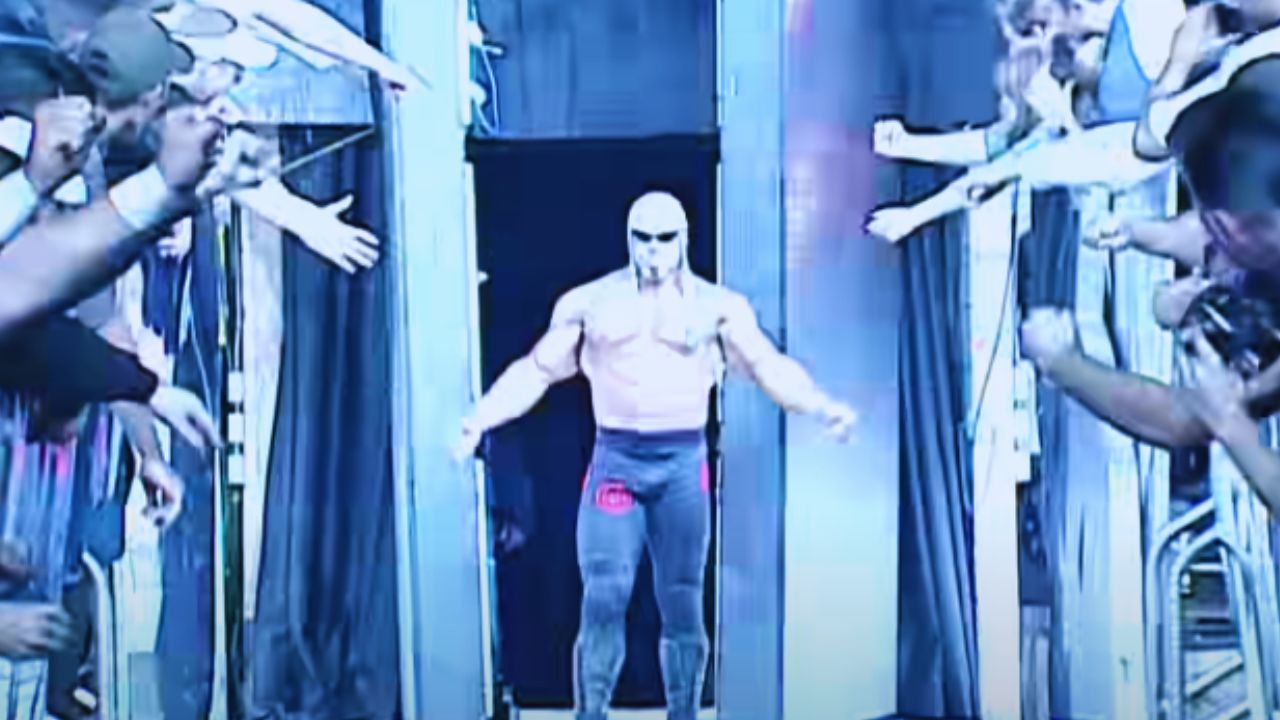Scott Steiner Reveals Who Really Killed WCW: Exclusive Insights from the Wrestling Legend
In the world of expert wrestling, few names bring as lots weight as Scott Steiner. As a former WCW World Champion, Steiner’s association with World Championship Wrestling (WCW) spans many years, making his angle on the business enterprise’s downfall especially good sized. In a latest interview with Bill Apter, Steiner furnished a no-holds-barred account of who he believes turned into accountable for WCW’s death, providing a unique perspective that diverges from traditional narratives.
The intrigue around WCW’s crumble has been reignited following the release of a comprehensive four-element Vice TV documentary titled “Who Killed WCW?” This documentary sought to dissect the complex factors leading to the organization’s downfall. While it supplied quite a number evaluations and theories, it stopped brief of attributing the blame to any single individual or group.
The documentary featured discussions from excellent figures in the wrestling industry, which includes Eric Bischoff and Vince Russo. Both were implicated in numerous capacities for the enterprise’s decline, with critics mentioning their control patterns and selection-making as contributing factors. However, Steiner’s perspective provides a new size to this discourse.
Steiner’s critique is specifically directed on the television executives of the time, especially naming Brad Siegel and different higher-usawho have been pivotal inside the corporate choice-making method. According to Steiner, those executives were in large part liable for the cancellation of WCW’s television deal, a circulate he perspectives because the primary catalyst for the organization’s eventual failure.
“Anybody that says anything different don’t know what the f**k they’re talking about,” Steiner asserted emphatically during his interview. He described how, from his early days in WCW starting in 1987, it was clear that the company’s fate was precariously linked to the whims of TBS and TNT executives. “You got a glimpse of some of it. It was Brad Siegel and all the higher-ups.”

Steiner recalled that WCW’s initial success was largely due to Ted Turner’s personal affection for wrestling. Turner’s support was crucial in keeping the company on air, despite the reluctance of his subordinates. However, when Turner was forced out by AOL, who took control of Turner Broadcasting, the situation changed drastically. The new executives had little interest in maintaining wrestling programming, which Steiner believes directly led to the demise of WCW.
“The executives got what they wanted,” Steiner said, underscoring his belief that the departure of Turner’s influence left WCW vulnerable. “Look where AEW’s at right now. They’re at the same station. Just because the executives are not there no more.”
Steiner’s criticisms highlight a broader issue within the industry: the impact of corporate decision-making on the fate of wrestling promotions. His insights provide a reminder of how external factors, such as changes in executive leadership and shifting corporate priorities, can profoundly affect the survival of entertainment ventures.
In addition to his candid comments about WCW, Steiner’s legacy in the wrestling world continues through his brother, Rick Steiner, and his nephew, Bron Breakker. Rick, a WWE Hall of Famer alongside Scott, has passed down the wrestling gene to his son, Bron, who is set to face Sami Zayn for the Intercontinental Title at SummerSlam. Fans of the sport often see echoes of Scott Steiner’s dynamic in-ring style, including his signature Frankensteiner move, through Bron’s performances.
Scott Steiner’s reflections on WCW’s fall offer a compelling glimpse into the behind-the-scenes battles that shaped the wrestling landscape. As the industry evolves and new promotions rise, the lessons from WCW’s collapse remain relevant, reminding fans and industry insiders alike of the intricate interplay between wrestling and corporate interests.




